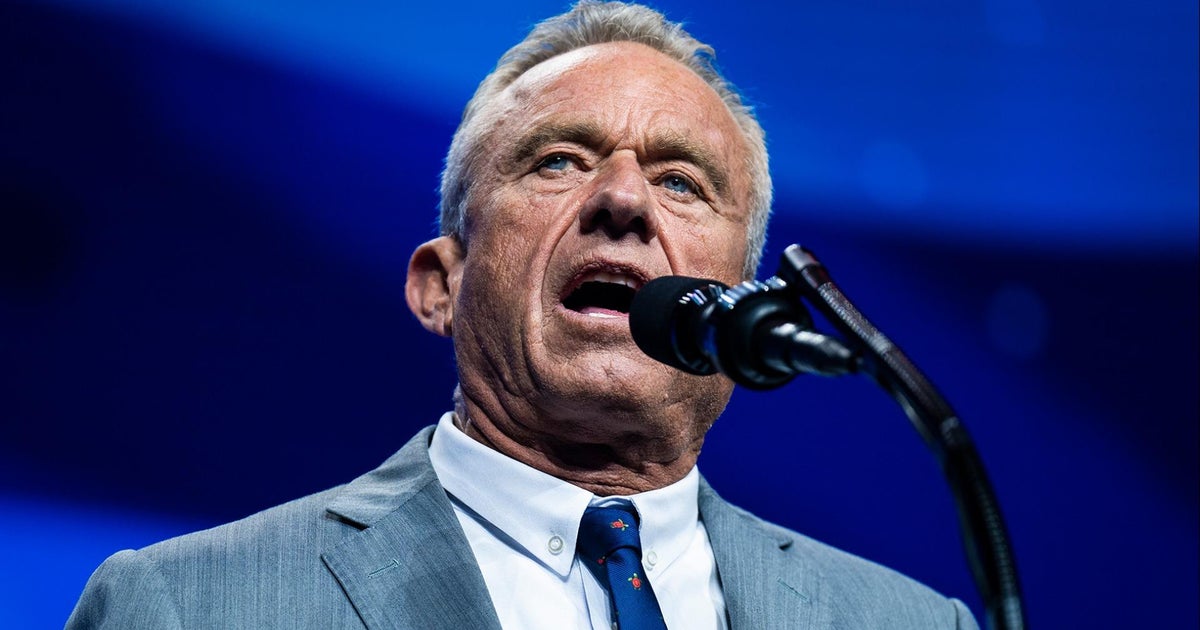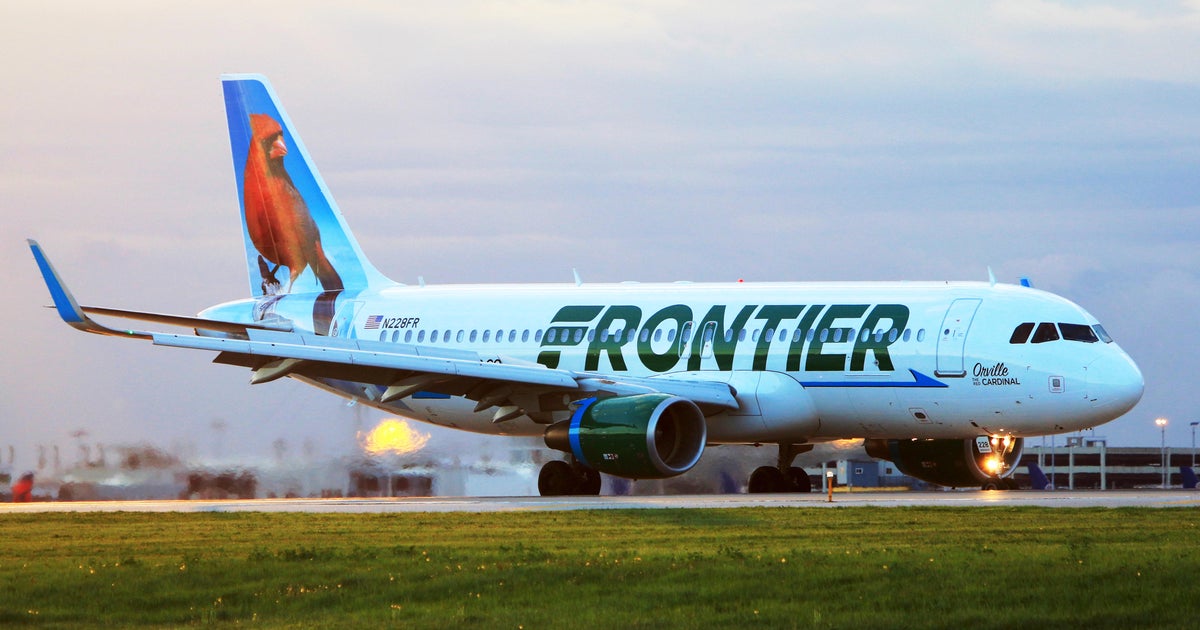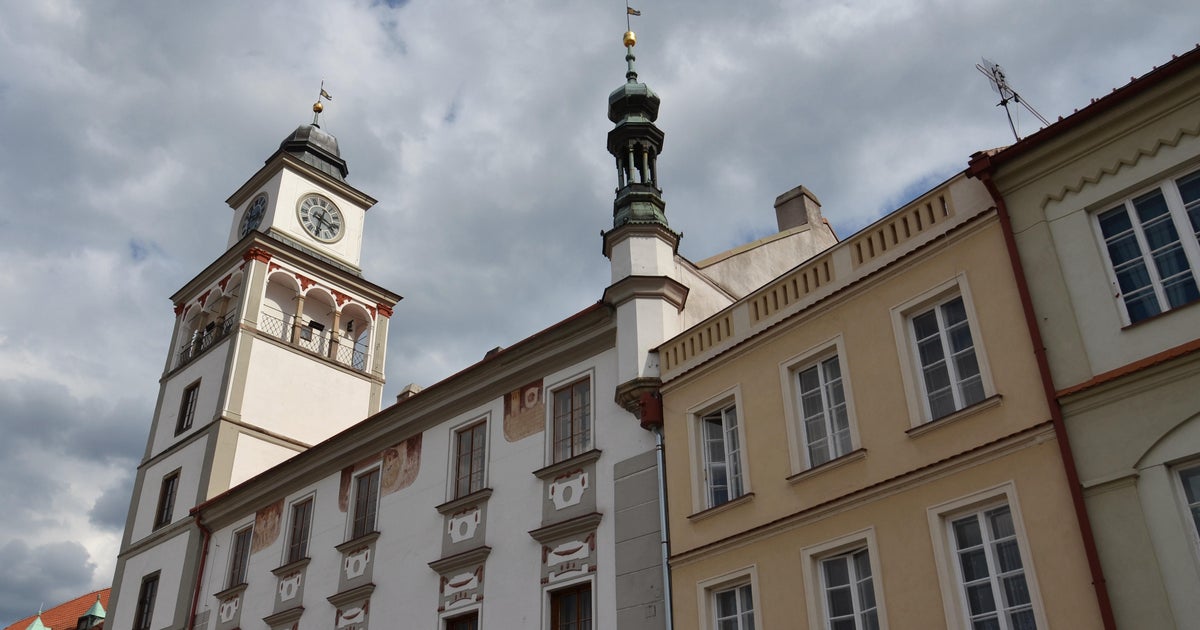When can Americans go back to concerts and travel? Soon, Wall Street is betting
Wall Street is growing increasingly convinced that Americans will soon be eager to attend concerts, shop in malls, travel and engage in other once-typical activities that have been all but snuffed out during the coronavirus pandemic.
Exhibit A: Shares of companies in businesses that depend on people being close to others have been soaring this year. The stock price of concert company Live Nation, for instance, hit an all-time high of just over $90 earlier this month. Shares of the company fell as low as $21 in March 2020 as investors quickly grew concerned that the emerging public health crisis would bring its business to a halt, which is exactly what happened.
"The market may occasionally get blindsided by surprises like a global pandemic or a tsunami, but directionally it is usually spot on," said Aaron Edelheit, CEO of hedge fund Mindset Capital, who also writes about investing on Substack. "The stock market is telling us that this summer will be a magical return to concert, travel and in-person awesomeness."
That would be good news for Live Nation, which used to produce up to 40,000 concerts and music festivals a year but which has struggled in a world where almost all performances are on Zoom. The company has tried its hand at streaming events, including an upcoming performance by singer Jimmy Buffett, but that has failed to replace its in-person business. Live Nation's bottom line fell deep into the red last year, with the Beverly Hills, California-based company losing $1.7 billion in 2020.
Still, investors have bid up the shares of Live Nation more than 20% so far this year. Wall Street analysts who follow the company predict its sales from putting on concerts and processing ticket sales will reach $2.4 billion this summer. That's still less than the $3.8 billion in sales it notched in the summers of 2018 and 2019, but it's more than 10 times the mere $200 million it recorded last summer.
Speaking to Wall Street analysts in February, Live Nation CEO Michael Rapino said he expects the concert business to come back strong this summer. "Surveys demonstrate the high demand for concerts globally with 95% of fans likely to attend a show when restrictions are lifted," he said. "Every sign points to it beginning safely in many countries sometime this summer and scaling further from there."
The "reopening stocks"
It's not just concerts. Shares of mall operator Simon Property Group are up 36% this year. The stock prices of Carnival and Norwegian Cruise Line are up 27% and 18%, respectively, although both remain well below their pre-pandemic levels.
Eight pandemic-battered stocks identified by CBS MoneyWatch — including American Airlines, Carnival, Expedia, Hilton, Live Nation, MGM Resorts, Planet Fitness and Simon Property Group — are up an average of 25% since the beginning of this year. That compares to a gain of just 4% for the U.S. market overall, as measured by the S&P 500-stock index.
The question is whether Wall Street and investors are jumping the economic gun. The U.S. Centers for Disease Control and Prevention released new guidelines this week that allow for some social gatherings, particularly among people who have been vaccinated against COVID-19. After a rocky start, the pace of vaccinations has picked up. A number of states, like Texas and Mississippi, have mostly abandoned mask mandates and largely reopened their economies.
In a nationwide address on Thursday, President Biden said his goal was to allow people across the country to be able to gather, at least in small groups, by Independence Day. He also said vaccines should be available for all U.S. adults by early May.
But some companies that stand to benefit by an easing of coronavirus restrictions and the resumption of consumer activities have yet to see a meaningful upturn in their post-pandemic profits. Carnival, for instance, earlier this week again pushed back when it would start sailing with passengers — to July at the earliest.
Shares of MGM Resorts, which owns 13 Las Vegas casinos, have risen nearly 30% in the past three months. Las Vegas casinos are back to being open 24/7.
But the crowds have not come back. In January, the latest available data, passenger traffic at Las Vegas airports was still down more than 60% from a year ago. And even if people do head straight to Sin City after getting their second vaccine shot, casinos are still capped at 50% capacity.
Vegas may be able to attract some U.S. tourists who would normally travel outside the country. But the city is not likely to have international visitors, or large conventions, for some time. All told, analysts don't expect MGM's revenue to return to the level it was pre-pandemic until at least 2023.
"If investors have overshot, that's not what I am looking at," said MindSet's Edelheit, who predicted that social distancing guidelines in the U.S. will mostly be a thing of the past by late spring. "It's more about direction. And what the market is telling you is that there is going to be an incredible economic snapback this summer that no one was talking about just a few weeks ago."



